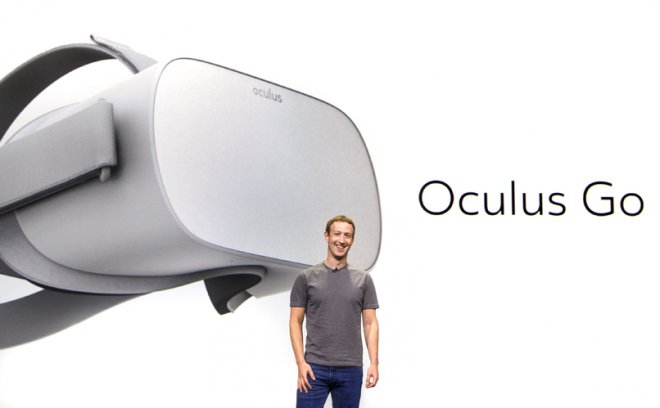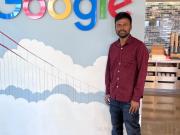
Taking on Google, Samsung and Xiaomi, Facebook has announced Oculus Go at the fourth Oculus Connect developer conference in San Jose. The innovation is specifically designed to bring you to the virtual reality (VR) world without requiring any PC or mobile device access.
"It's awesome for watching movies or concerts, playing games or just hanging out with your friends in VR," the Oculus team describes in a blog post.
The most vital technology that makes Oculus Go one of the first standalone VR headsets is a fast-switch LCD panel that comes with a resolution of 2560x1440 pixels. On top of the display, there is a pair of next-generation lenses that provide a wide field of view and come with a glare-reduction coating.
Also read: Nokia shifts focus from VR to digital health
Facebook-driven Oculus VR has also integrated spatial audio through two built-in speakers. These speakers are available on the right and left sides of the headset to produce stereophonic sound. Also, there is a 3.5mm jack to let you connect your premium headphones with the headset and enable private listening.
As developers are yet to build content particularly for Oculus Go, the Oculus team has added binary compatibility with Samsung's Gear VR app. This means the content that has been available on Gear VR can be accessed using the Oculus Go app.
Furthermore, Facebook is set to release Oculus Go development kits starting November 2017. This will help the company persuade buyers at the initial launch of the Oculus Go headset that is planned for early 2018.
The price of Oculus Go is set at US$199 (approximately SG$269). This is not as cheap as the US$129 Gear VR, albeit less than the Oculus Rift that was initially launched at US$599 in 2016 and is now available for US$399.
One billion VR users
Oculus Go is a part of Oculus strategy that, as Facebook's VP of VR Hugo Barra defines, targets to bring one billion people to the VR world. The company, which Facebook acquired in March 2014 for US$2.3 billion, also showcased some updates to its Santa Cruz prototype at the conference. The headset will include new positionally-tracked controllers with six degrees of freedom to bring the experience similar to Rift and Touch models to the standalone category.









